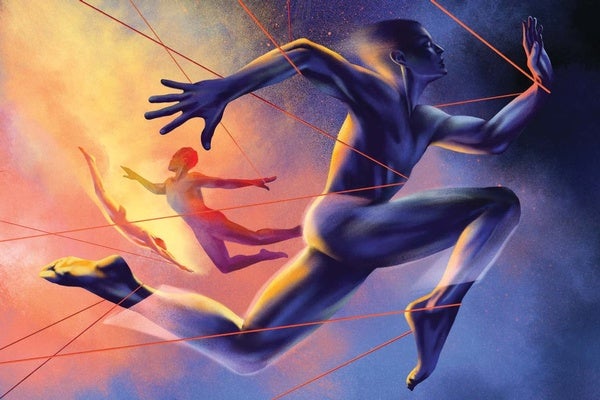 |
| January 24, 2023 |
 |
| |
| |
| |
| |
| |
| |
| |
| |
| |
FROM THE STORE
 | | New Frontiers in Alzheimer's Until recently, one idea has dominated research in treating Alzheimer's disease: the amyloid hypothesis. Those therapies have repeatedly fallen short, and in this eBook we take a look at where that hypothesis stands today. We examine recent research into the spectrum of disease causes, including inflammation and immune dysfunction; cutting-edge treatments, including deep-brain stimulation and magnetic resonance–guided focused ultrasound; as well as lifestyle interventions that can help protect from disease. |  | | |
FROM THE ARCHIVE
 | | | |
| QUOTE OF THE DAY
 "Anybody who has any symptom, even if it's not one of the usual ones, could get a head start on dealing with the progressive nature of the disease." Alan Alda, actor. | |
| |
LATEST ISSUES
 |
| |
| Questions? Comments?  | |
| Download the Scientific American App |
| |
| |




